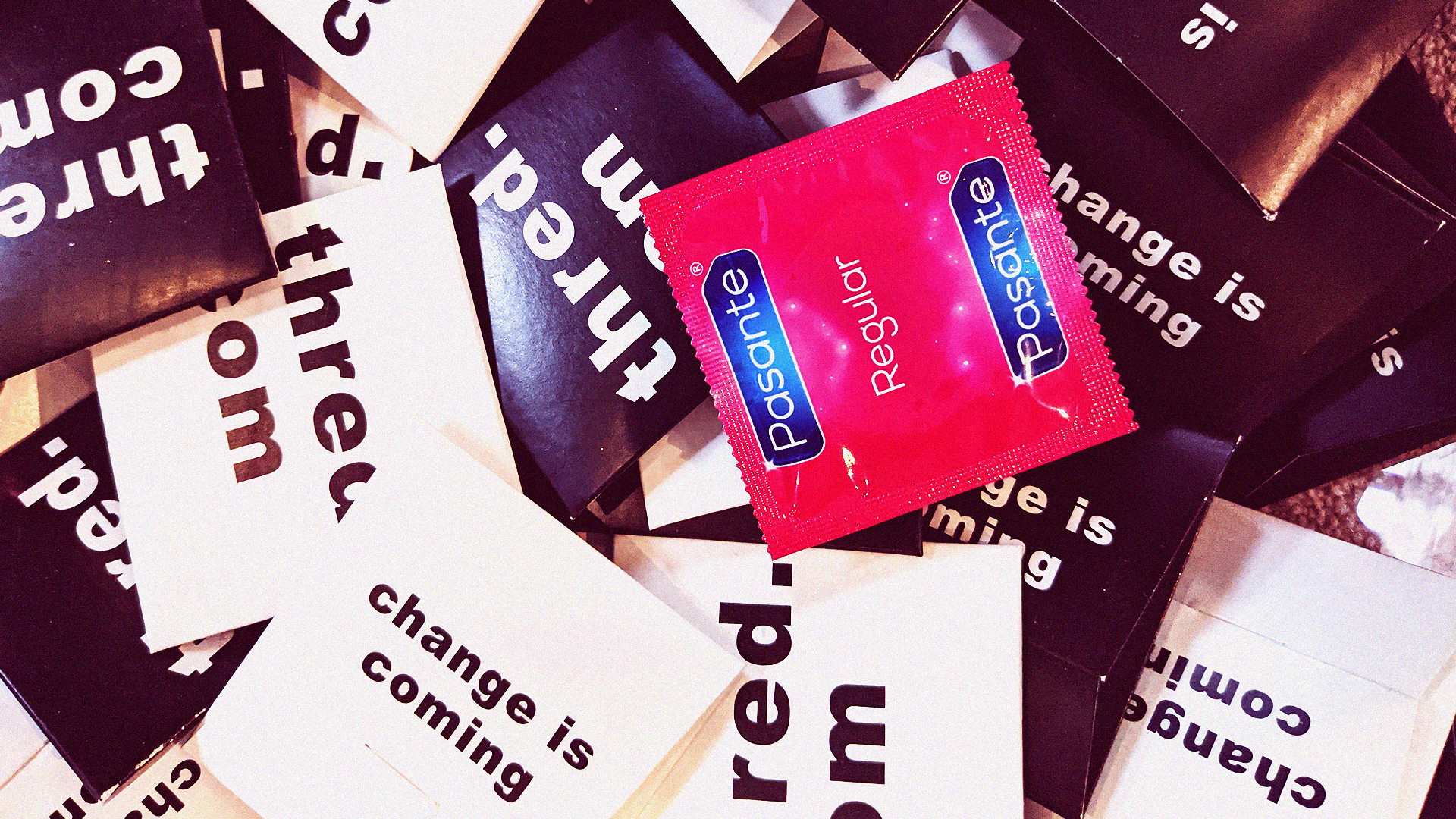Governments and schools now consider sex-ed lessons to be a vital opportunity for furthering greater inclusivity and increasing self-confidence in younger generations.
When breaking down sexual education to some of its basic elements: establishing consent, respecting differences, setting boundaries, and regularly checking in with your personal health, it’s clear that these are useful skills in all areas of adult life, not just physical intimacy.
It wasn’t until the end of 2020, however, that school curriculums in the UK received a much-needed update to include these topics – the first change made to sexual education lessons in over two decades.
This begs the question: why have the intimate details of a perfectly natural fact of life been omitted by education systems for so long?
For a long time sex has been viewed as too personal and, at times, even taboo.
What is the Gen-Z perspective?
I think I speak for both Gen-Z and Millennials when I say that much of what we learn about ‘doing the deed’ comes from watching TV and film, unassuming conversations with friends, and numerous Google searches out of genuine curiosity.
It’s also safe to assume that these sources of information aren’t always so reliable and can leave us feeling confused.
Arguably, gathering knowledge in this way occurs because many of the questions we have about sex can’t be fully answered by biological diagrams or textbook definitions.
Understanding how to handle real-life experiences (both pleasant and unpleasant), discovering sexual preferences (or lack thereof), and having a good time in the process, are facets of sexual education that require in-depth, informed discussions.
Evidently, school systems weren’t prepared to have these discussions until last year.
Perhaps this is why Instagram is abundant with sex-positive content generators determined to remove the stigma around a range of important topics such as LGBT experiences, consent, addressing sexual trauma, health conditions, body positivity, and more.
A look at the follow count of these profiles proves that the kind of discussions taking place in online spaces have long been sought after.
They’re especially liberating for those living through experiences left out of traditional sex-ed lessons which – for the most part – largely focus on the science of heterosexual relationships.





















